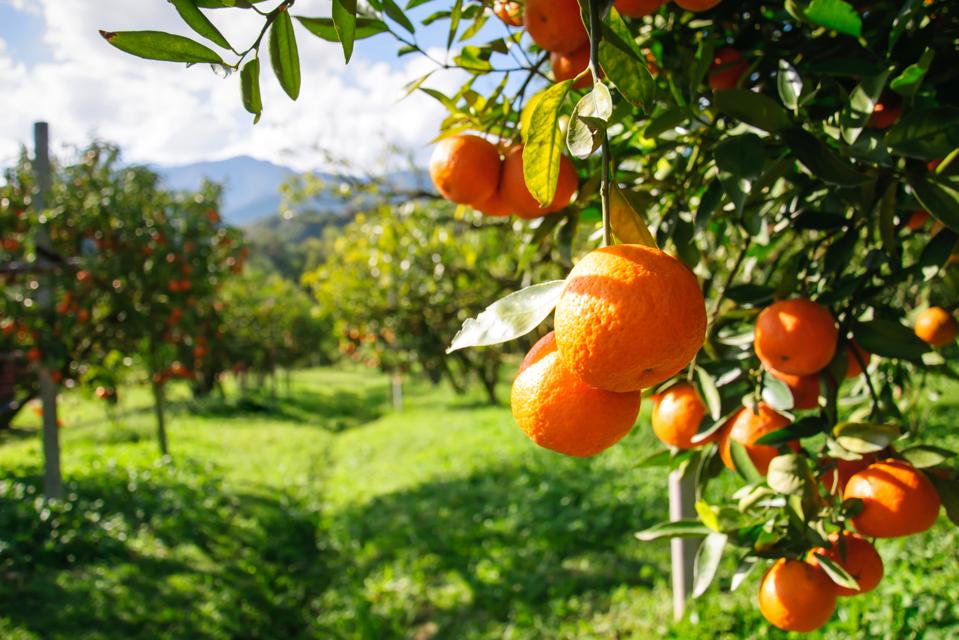Why Orange Juice Sales Are On The Rise
by Lana Bandoim
For consumers who prefer to skip juicing an orange and fighting with the pulp in their kitchens, bottled orange juice is an easy and safe alternative. However, during the coronavirus outbreak, sales of orange juice are not increasing because of shoppers' desire for convenience. Instead, they are interested in the immune boosting power of the vitamin C found in citrus fruit.
The Office of Dietary Supplements (ODS) at the National Institutes of Health mentions that vitamin C helps support the immune system, and three-fourths of a cup of orange juice provides 93 milligrams (mg) or 103% of the daily value of vitamin C. Vitamin C is a water-soluble nutrient that the human body cannot produce on its own, so you have to consume it. Citrus fruits, such as oranges and grapefruits, have high levels of vitamin C.
More consumers are purchasing orange juice during the coronavirus outbreak because of the vitamin C benefits. Bloomberg reports that retail sales of orange juice increased 46% in the United States in a four-week period ending on April 11. This is the highest retail sales number for orange juice since 2015.
Some consumers are buying orange juice instead of citrus fruits since demand for fresh produce has increased and has made it more difficult to find them in all grocery stores. Others prefer to stock up on juice instead of fresh fruit because it lasts longer and requires fewer trips to the stores. As demand for orange juice and citrus goes up, prices are also rising.

Consumers hungry for more vitamin C are not the only issue facing the citrus industry. Huanglongbing (HLB), also called citrus greening disease, has been a threat since 2005. An insect can spread the disease to trees and destroy crops by making them inedible.
"Although now present in every commercial citrus-producing state, including California, Arizona, and Texas, HLB has spread most rapidly through Florida, the nation’s top producer of oranges and grapefruit; it is now estimated to have infected all groves in the state," the USDA reports.
The UDSA forecasts that the production of citrus from Florida will remain about the same for this season compared to last year despite HLB. However, Bloomberg mentions that bad weather is affecting citrus crops in Brazil, which is the global leader in the industry. All of these factors are contributing to the rise in orange juice prices.